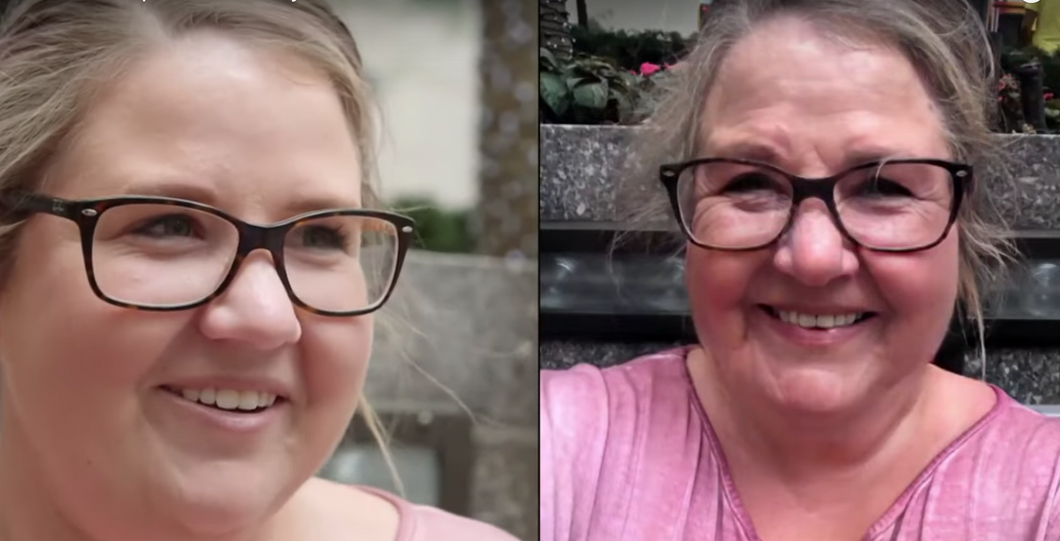If you've been on the internet in the past week, you know that FaceApp has taken the world by storm. The app is able to give users the power to take a selfie and show them what they will look like decades down the road as an older person. It's a goofy trend that went viral just for the sake of humor and to fuel everyone's interests in what the future may hold.
All in all, it's just harmless fun — or is it?
It may come as a shock, but FaceApp is owned by a Russian-based company and the terms and conditions allow them to store your photos on their servers and access any other personal information you provide by agreeing to their policies and downloading the app.
Don't believe me? Just read their user agreement.
But if you want me to just cut to the chase, here is a direct quotation from said user agreement:
You grant FaceApp a perpetual, irrevocable, nonexclusive, royalty-free, worldwide, fully-paid, transferable sub-licensable license to use, reproduce, modify, adapt, publish, translate, create derivative works from, distribute, publicly perform and display your User Content and any name, username or likeness provided in connection with your User Content in all media formats and channels now known or later developed, without compensation to you. When you post or otherwise share User Content on or through our Services, you understand that your User Content and any associated information (such as your [username], location or profile photo) will be visible to the public.
Essentially, the company currently owns a never-ending, royalty-free license to do almost anything they wish with the data you willingly overhand to them, and they currently have access to more than 150 million names and faces because of our quick decision to just accept the terms and conditions.
It should be noted that for FaceApp to fully work, you need to give it access to all your photos. But by doing that it gains access to Siri and has the ability to keep refreshing itself in the background, so even when you're not using it, it's still doing its job of stealing your data.
This scandal honestly couldn't be coming at a better time with the release of Netflix's newest documentary "The Great Hack" that premieres on July 24. The documentary dives into Cambridge Analytica, an IT service management company that harvested personal data from millions of users from Facebook profiles without their consent. And how did they get away with it? Because Facebook allows such companies to do such a thing after you click the accept button on their agreement policy.
You're right to think that this isn't normal, but the sad truth is that it absolutely is. Apps use and store your data all the time because that's how they make a profit and gain control and power. If we're being completely honest, your information is never safe and private if you use a smartphone and have apps such as these.
Although this may not seem important to you — because in the grand scheme of things what really is data anyway? It's undeniable that more apps are getting away with these type of things and it happens to almost everybody.
So in the grand scheme of things, by giving the company access to your data and photos you're allowing them to do whatever they want with it. Which means, yes, there's a possibility you could end up on a billboard somewhere, but you're probably more likely just training an AI facial-recognition algorithm (which is just as terrifying).
As detailed in its terms of service the rights you give FaceApp are irrevocable. This means that even if you delete the app and your profile, what's done is done and it cannot be reversed.
Perhaps we should all be more careful about what we download and how we begin to perceive technology. The world is constantly evolving and we need to be more mindful about how we use our developing technology.


















